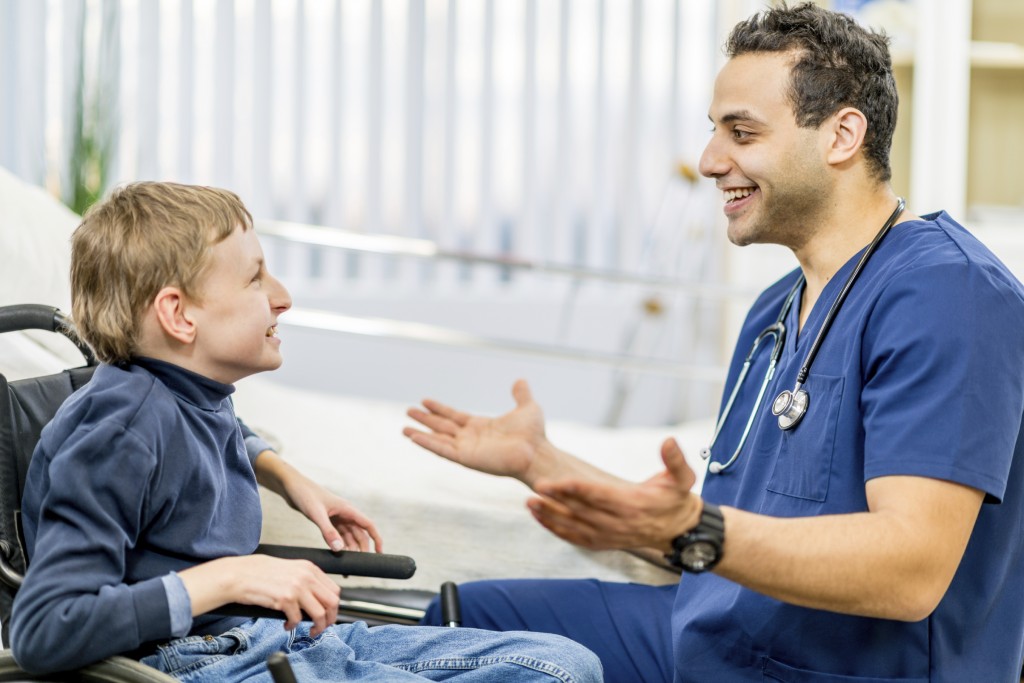Are You or a Loved One Suffering from an Acquired Brain Injury?

According to a recent study conducted by the Brain Injury Association of Canada (BIAC), more than 1.3 million Canadians are living with acquired brain injury (ABI), a condition that has become the number one cause of disability for people all over the world. Although this type of injury does not always result in long-term impairment, some common complications can include coma, seizures, cognitive problems, loss of motor function, and emotional and behavioural changes.
Since June is National Brain Injury Awareness Month in Canada, the BIAC has organized a series of activities and events in order to educate Canadians about all aspects of ABI, including prevention, treatment, and care.
What Is Acquired Brain Injury?
Defined as damage to the brain caused by external factors after birth, acquired brain injury is a non-progressive condition, and can be divided into two main categories:
- Non-Traumatic ABI: The most common causes of non-traumatic ABI include stroke, hypoxia, brain aneurysm, brain tumour, prolonged exposure to toxic substances, alcohol/drug abuse, and meningitis or encephalitis resulting from viral, bacterial, fungal, or parasitic infections.
- Traumatic ABI: Traumatic ABI is often caused by road traffic accidents, sports injuries, falls, and other types of accidents.
ABI can dramatically impact the life of an individual, and the family, based on the part of the brain affected, extent of the injury, and age of the person.
Living with Acquired Brain Injury
In Canada, thousands of survivors with ABI live alone with support from caregivers. Although many of these people are around 60 years old, thus quite young, they are unable to fully participate in daily activities due to the following reasons:
- Skill loss – Affecting balance, flexibility, strength, and endurance, ABI usually contributes to a significant decline in independent functioning and living. As a result, people with acquired brain injury become homebound and dependent on caregivers – two factors that lead to further deterioration in motor and cognitive functions. Due to physical weakness and poor judgment, especially in stressful situations, most seniors with ABI face an increased risk for recurrent, more severe injuries.
- Increased medical needs – Physical and mental conditioning gets harder to maintain as people age. Since brain injuries usually hinder a series of physical and mental activities, keeping seniors with ABI physically and mentally active can be very challenging. Memory problems, diminished acuity of senses causing perceptual issues, and medical conditions becoming increasingly complex are just a few elements that may prevent an older person with ABI not only from performing common household chores, but also from managing medication independently.
- Social isolation – Causing cognitive and neurological impairment possibly accompanied by personality and behavioural changes, acquired brain injury inevitably leads to social isolation.
The Solution
Medical advancements have led to more people surviving a serious brain injury. However, permanent damage to brain cells cannot be reversed or cured. In most cases, the survivor’s compliance with individual therapeutic plans is the only way to reduce the risk of complications and help the brain create new neural pathways so that the person can adapt to new experiences and learn new things. Most therapeutic plans include physiotherapy, occupational therapy, speech therapy, and other services, all of which can help restore, improve, and maintain motor function.
At Bayshore HealthCare, we do more than just home care. Our therapy and rehab division is fully equipped to support both young and the elderly who are living with ABI. Our rehabilitation services can help with many of the challenges you or your loved one is facing as a result of their brain injury. The following are some of the services our professional therapists can provide:
- Physiotherapy services to improve joint range of motion, posture, balance, endurance and functional capabilities
- Occupational therapy services to improve cognitive and functional status as well as recommend home accessibility modifications if required
- Mobility aid prescription to enhance function
- Speech and language pathology services to improve spoken and written language communication as well as cognitive and perceptual issues
Recovering from an acquired brain injury can be challenging for individuals of all ages. Contact Bayshore HealthCare’s rehabilitation team, who are ready to help one learn strategies to cope with and address problems resulting from ABI. Call us today at 1-855-581-4746 for more information.
